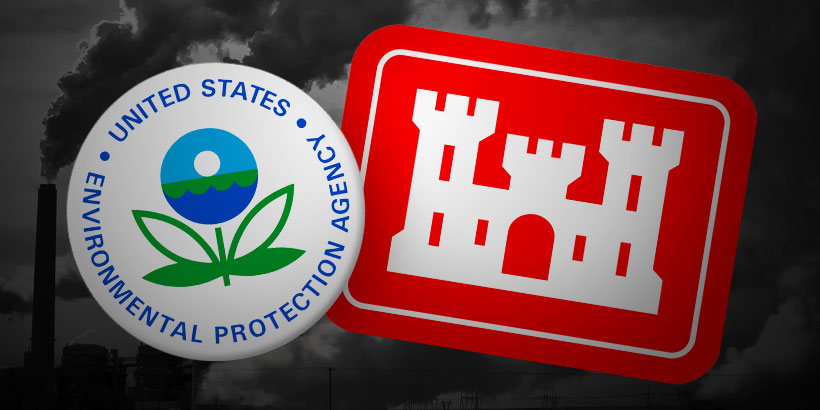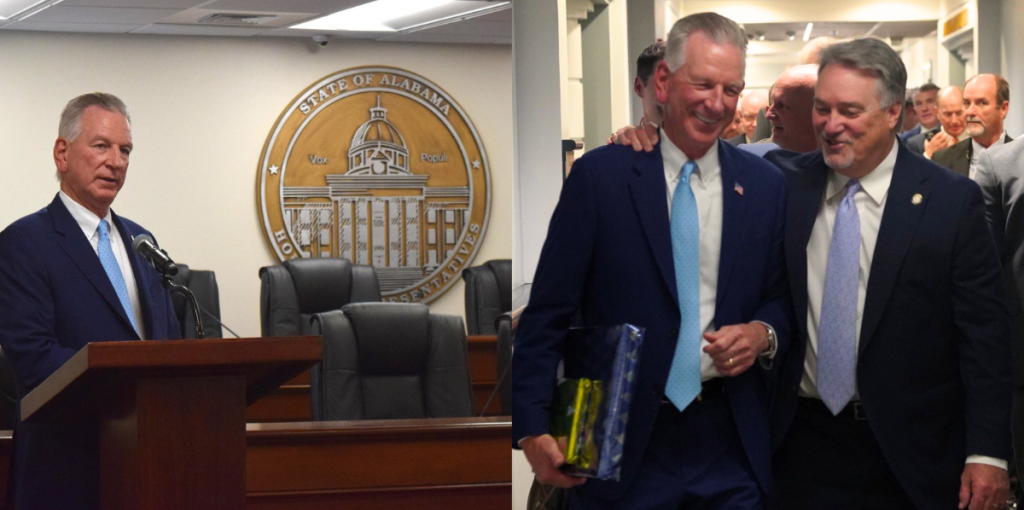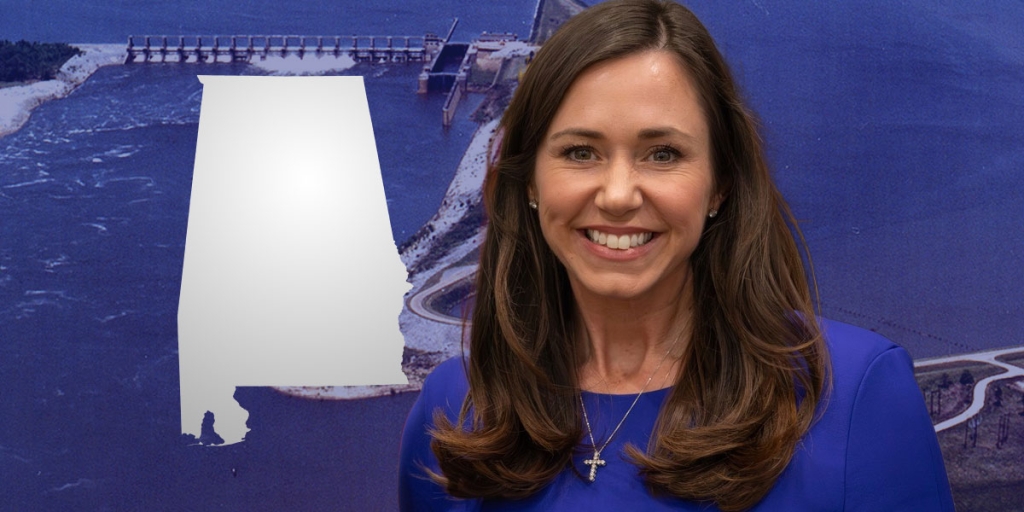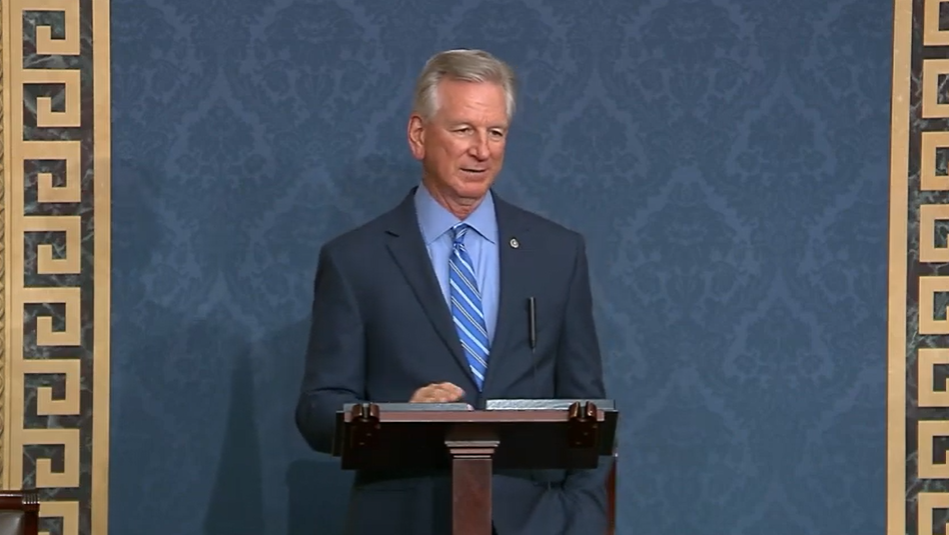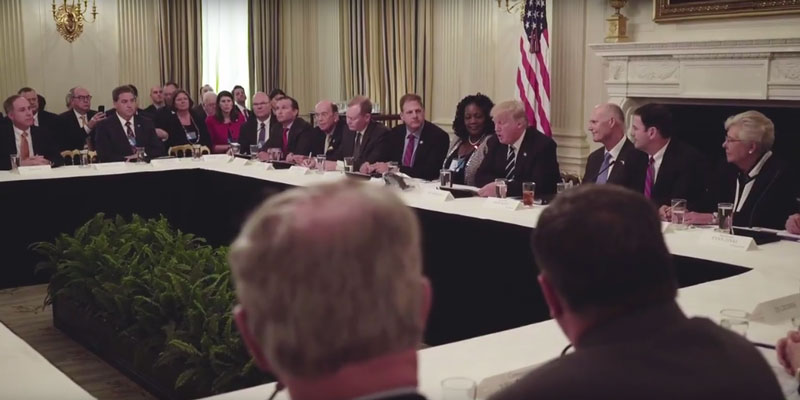WASHINGTON, D.C. — Earlier this week, the U.S. Environmental Protection Agency filed official paperwork to begin the real of the Obama Administration’s highly controversial Waters of the United States Rule that drastically increased the regulatory authority of the federal government.
Specifically, the WOTUS rule extended the EPA and Army Corps of Engineers’ regulatory reach to an indefinite number of small bodies of water, including roadside ditches, temporary streams or “any waters located within the 100-year floodplain of a traditional navigable water.”
The rule hit Alabama farmers especially hard, as they were required to obtain permits for the simplest of changes to their land, including fence building, digging ditches, and spraying fertilizers. If a property owner failed to comply with the EPA’s new water rule they would be hit with a fine of up to $37,000 a day.
“I’ve heard from countless farmers, foresters and families in Alabama who are under threat of being aggressively and unnecessarily penalized by federal water regulators,” Rep. Martha Roby (R-AL2) said after the rule was published. “Trying to expand the definition of navigable waters to include puddles and ditches has never made sense. It reeks of a radical environmental agenda being forced on Americans, and Congress is right to take steps to stop it.”
Every Republican member of the Alabama Congressional Delegation formally opposed the rule.
Then-Alabama Attorney General Luther Strange (R) challenged the rule in federal court, along with the Attorneys General from West Virginia, Florida, Georgia, Kansas, Kentucky, South Carolina, Utah, and Wisconsin. In a separate case in which the state of Alabama filed an Amicus Brief, the U.S. Supreme Court weakened the WOTUS rule by ruling that the EPA’s actions were reviewable by federal courts per the Administrative Procedure Act. However, the court left the rule itself in place at that time.
Despite no official ruling on WOTUS’s constitutionality, many conservatives on the Supreme Court expressed their doubts that such an exercise was within the EPA’s delegated authority. In concurring opinions of U.S. Army Corps of Engineers v. Hawkes, Justices Thomas and Alito wrote explicitly of the “ominous overreach of the Clean Water Act,” while Justice Kennedy wrote, “[The WOTUS rule] continues to raise troubling questions regarding the Government’s power to cast doubt on the full use and enjoyment of private property throughout the Nation.”
Now, it appears that farmers’ long big-government nightmare is almost over.
“This is the first step in the two-step process to redefine ‘waters of the U.S.’ and we are committed to moving through this re-evaluation to quickly provide regulatory certainty, in a way that is thoughtful, transparent and collaborative with other agencies and the public,” EPA Administrator Scott Pruitt said on Tuesday.
The EPA’s proposed rule change will be posted in the Federal Register and subject to a public comment period, per federal administrative regulations. After the conclusion of the comment period, the EPA can move forward on complete repeal.




